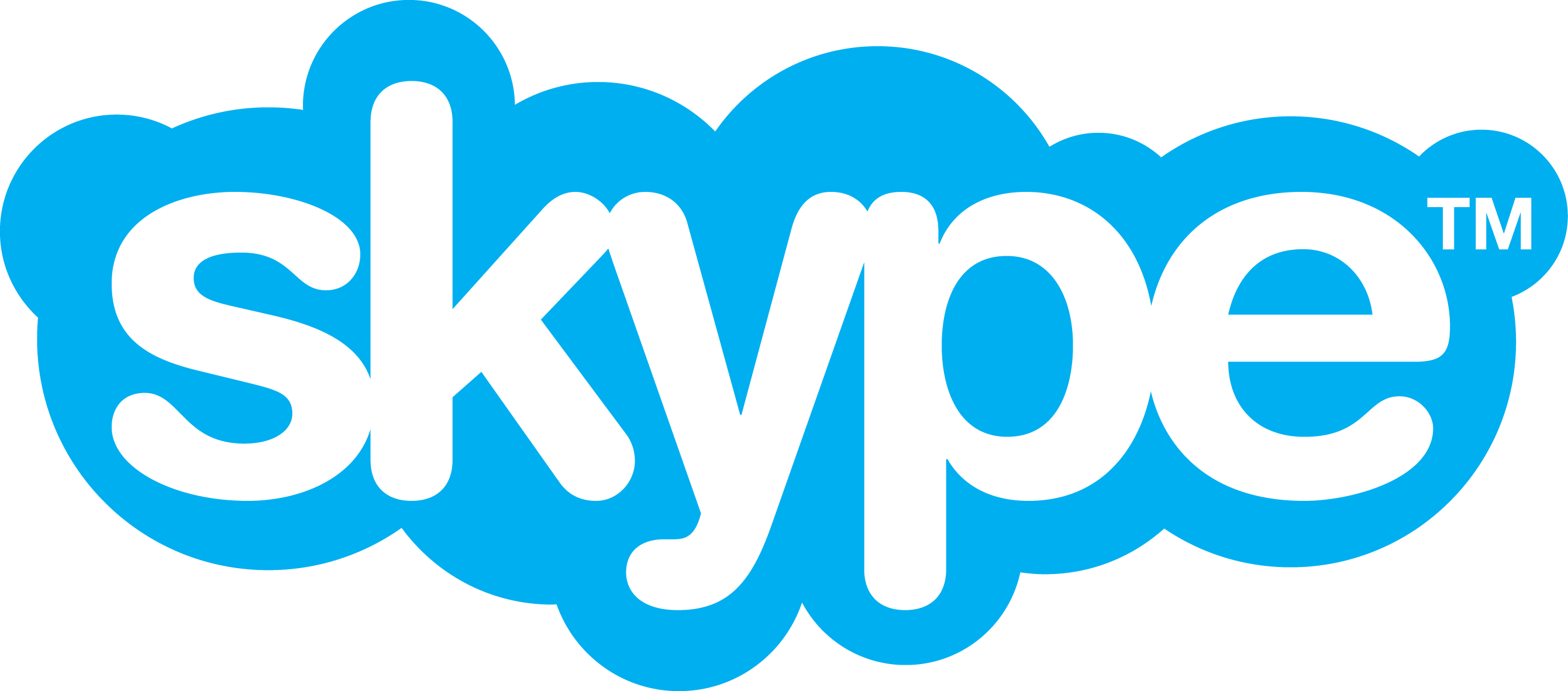Top 3 Tips for Veterans Transitioning into the Civilian Workforce
By Shana Pearlman
Top 3 Tips for Veterans Transitioning into the Civilian Workforce
Today we honor our brave veterans. These men and women put their lives on the line for the safety of our country. But when they return home from war, they face a new and different kind of battle when they try to find jobs. According to a 2012 survey by Prudential, Inc., 60% of new veterans reported that translating their military service to the civilian job market was a significant challenge.
Fortunately, their community has come together to support them. Fellow veteran Mike Abrams, co-founder of a veteran mentoring program called “Four Block,” has dedicated his post-war life to helping other veterans develop skills for post-service job searches. He has co-authored a book, Business Networking for Veterans, that will be available November 16.
We interviewed Abrams and he shared these tips to ease the struggle as veterans begin a new career and rejoin civilian life:
1) Network with other veterans:
Veterans represent one of the largest professional networks in the world. Leverage it. Abrams is quick to point out the “veteran community is one of the strongest in the world; one of the best things you can do is to network with other veterans in your community who have already been placed in positions or are participating in the veteran school clubs.” Look into the American Legions, Marine Corp Leaguesand vet employee resource groups that exist at many companies.
2) Practice, practice, practice … your interview skills:
While this advice is the gold standard, there are a few differences for vets as they job hunt. Besides the typical routine – practice your pitch, refine your resume and go on as many job interviews as you can – Abrams says the key is making a vet’s story, skills and past job titles translatable.
It can be difficult for veterans to translate their skills into a format that employers will value. He shared a personal story of an interview in which his military title of “Officer Selection Officer” made no sense to the interviewer. When he offered some of his daily responsibilities, she instantly understood, saying, “Oh, you were a university recruitment manager!” He realized he needed to adapt the title so it was more familiar for those non-military people looking at his resume. Abrams says you need to brainstorm how your military duties can be an asset for the organization and practice communicating them.
3) Embrace technology:
Many veterans relied on Skype while on active duty to keep in touch with family back home, and should leverage their knowledge of the technology to practice and make themselves available for interviews with potential employers. Abrams said, “Skype is big overseas—it allows vets to see love ones” and it will be a natural transition to use Skype as a tool for interviews. Abrams believes a Skype interview is far more powerful than a phone interview because you can communicate with body language and, ultimately, make a deeper connection.
Skype is a great way to explore your translatable skills, the file share feature allows you to share your resume for feedback with others both within and removed from the military world. Abrams also recommends using Skype video call to do practice interviews with other veterans.
Abrams describes active duty as being with a “band of brothers and sisters who have your back” and is open when speaking about the culture shock he and his buddies experienced when returning to civilian life. The best way to start a job search is by connecting with someone who understands your past experiences and future goals –Abrams says the power of veterans lies in the act of moving forward together.
Has Skype helped make a difference in your career? Share your stories with us onFacebook or Twitter.

